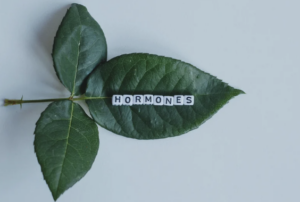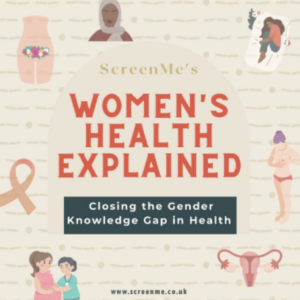Approximately 15% of clinically recognised pregnancies end in miscarriage! Chromosomal problems account for around half of these pregnancies but for the other 50% the reason has been mostly unknown.
New science suggests that unbalanced vaginal microbiome may play a role in miscarriage, and conversely, a balanced vaginal microbiome may prevent miscarriage in the first trimester.
The advantages of a healthy vaginal microbiome also have other benefits such as safeguarding against preterm birth and STDs and fertility problems (read more here).
Here we discuss vaginal microbiome and how it can impact pregnancy and miscarriage.
What is the vaginal microbiome?
The vaginal microbiome refers to the various microscopic beings living around the vagina. These include:
- Fungi
- Bacteria
- Viruses
- Yeast
- Archaea
Although there are several different types of bacteria living in the vagina Lactobacilli are the most important. Have you heard about how the vagina is self-cleaning? Well, that’s thanks to the Lactobacilli. Lactobacilli are the gate keepers to your vagina; they produce lactic acid and hydrogen peroxide that help regulate the pH of the vagina keeping it at about 3.8-4.5. The acidic environment makes the vagina inhospitable for harmful pathogens like E.coli, Steph and Candida. Lactobacilli are also the good guys responsible for fighting infections like thrush and BV.
What affects Lactobacillus?
It’s not entirely clear why some women’s microbiomes contain more Lactobacillus than other. Scientists think that hormones may have a part to play. Some studies suggest that rising estrogen levels appears to trigger the cells lining the vagina to produce glycogen which creases a welcoming environment for Lactobacillus to develop and sustain. Therefore, hormonal imbalances could have a part in determining the vaginal levels of Lactobacillus.
What does the vaginal microbiome have to do with pregnancy and miscarriage?
Research has shown that women with healthy pregnancies have vaginal microbiome that are rich in Lactobacillus and low in diversity compared to women who have experience recurrent miscarriage or miscarriage. It is believed that high levels of Lactobacillus in pregnancy protect against genital infections and regulate the immune system both of which are a common cause of miscarriage.
Researchers have linked low amount of vaginal Lactobacillus and high diversity of vaginal bacteria to pregnancy complications such as early stage miscarriage, premature rapturing of membranes and preterm birth.
One study in 2019 found that women who’d experienced at least 3 miscarriages for previously unknown reasosn had imbalanced vaginal flora. This study found these women had less Lactobacillus in their vaginal microbiome than expected, and instead had an abundance of other microbes, such as Atopobium, Prevotella, and Streptococcus.
The studies suggest that the vaginal microbiome may be a ‘modifiable risk factor’ in miscarriage which means that testing the vaginal microbiome and taking the right interventions to promote vaginal microbiome rick in Lactobacillus and lower bacterial diversity could potentially lower the risk of an early miscarriage.
Vaginal microbiome assessments should be offered to all women who have experienced miscarriage and women undergoing IVF
Knowing the protective impact of the vaginal microbiome against infections and fertility complications make it really important for women to have an annual check of the vaginal health. It’s also useful to take note of any changes in sensations, odours, and recurrent infections. All these factors are red flags that you may have a microbial imbalance in the vagina.
If you want to get an insight into your vaginal health and microbiome, consider a ScreenMe vaginal health test, which comes with
- A report from PhD scientists and tailored nutrition,
- Lifestyle and supplement recommendations to get control of your sexual and reproductive health.
- Consultation with an expert
The vaginal microbiome assessment gives you everything you need to safely take a vaginal swab from the privacy of your home.
All vaginal samples are analysed with 16s rRNA sequence technology. ScreenMe scientists and nutritionists then break down the analysis of the microbiome into results you can understand and guidance you can follow to make improvements in your sexual and reproductive health.
ScreenMe follows the general vaginal community state types (CSTs) as recommended by leading gynaecologists and specialists of the vaginal microbiome. Using the insight we provide you and your physicians and fertility experts can make educated decisions about your health and future fertility.
Take control of your vagina today. Find out if you have the right amount of lactobacilli in your vagina, what community state type you have and what you can do improve your vaginal health.








